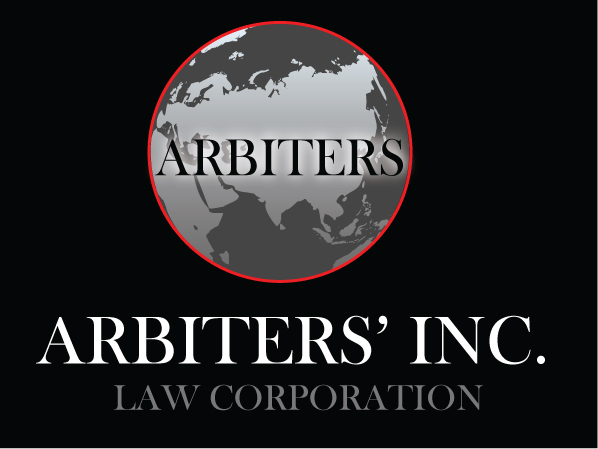|
|||
| Information | |||
| Suit No: | Suit 1154/2003, RA 15/2004, 17/2004, 18/2004, 19/2004 | ||
| Decision Date: | 04 Aug 2004 | ||
| Court: | High Court | ||
| Coram: | MPH Rubin J | ||
| Counsel: | Vijay Kumar Rai (V K Rai and Partners) for plaintiff, Wendy Leong (AsiaLegal LLC) for first defendant, Desmond Lee (Haridass Ho and Partners) for second and third defendants |
||
| Alternative Case Document: | |||
| Related Documents: | Academy Digest, Unreported Judgments |
||
| Reference Trace: | Cases, Legislation and References |
||
| Catchwords
Civil Procedure – Costs – Plaintiff’s appeal against assistant registrar’s Civil Procedure – Pleadings – Further and Better Particulars – Whether Case Summary Facts The plaintiff was a company incorporated in Singapore and the first defendant The defendants denied the various allegations made by the plaintiff. In The plaintiff appealed against the assistant registrar’s decision Held, dismissing the plaintiff’s appeals in RA 17/2004 and RA 18/2004, (1) Having gone through the summary of the defendants’ requests (2) On the whole, the particulars provided by the plaintiff from time (3) While particulars ought not to be given in every case as of right, (4) With regard to the plaintiff’s appeals in RA 17/2004 and RA Case(s) referred to Legislation referred to 4 August 2004 MPH Rubin J: Introduction 1 A clutch of four registrar’s appeals was heard by me on 2 and Brief outline of background facts 2 The plaintiff is a company incorporated in Singapore and is said to 3 The first defendant was the plaintiff’s managing director and 4 The second defendant is another Singapore incorporated company and 5 The plaintiff’s action against the first defendant is for account, 6 The first defendant’s defence is a vehement denial. In sum, 7 The defence of the second and third defendants is unremarkable. It 8 The defendants requested from the plaintiff further and better particulars. The law 9 Order 18 r 12(1)(a) and (b) of the Rules of Court (Cap 322, R 5, 2004 12.—(1) Subject to paragraph (2), every pleading must contain 10 The function of particulars of pleading is described by the editors The requirement to give particulars reflects the overriding principle 12 What ought to be stated and what particulars are to be provided in (a) Agreement: (b) Breach of confidence: (c) Conspiracy: (d) Dishonesty – bad faith: In order to claim that a person is liable as a constructive trustee, (e) Duty – fiduciary duty: (f) Fraud: (g) Intention: (h) Knowledge: (i) Secret process: Cases of alleged breach of confidence ought to be clearly and precisely (j) Breach of trust: Issues and conclusion 13 The issues in this appeal, as stated earlier, revolve around some 14 For example, para 2 of the amended statement of claim reads: 15 In my view, the first defendant’s request is substantially 16 In my view, overall, the particulars provided by the plaintiff from 17 Let me now deal with those requests which I consider to be relevant (a) Paragraph 5 of the amended statement of claim contains an allegation (b) Paragraph 6 of the amended statement of claim contains an averment (c) Paragraph 15(b) of the amended statement of claim avers that the (d) Paragraph 15(c) of the amended statement of claim mentions that (e) Paragraph 15(g) of the amended statement of claim alleges that the (f) Paragraph 11(b) and (c) of the amended statement of claim states (g) Paragraph 12 of the amended statement of claim alleges that the (h) Paragraph 14(d) of the amended statement of claim states that “on (i) Paragraph 20 of the amended statement of claim bespeaks of the defendants 18 There is a passage in the SCP (para 18/12/63) which states that: However, in the pleadings before me, there is much more than an outline 19 The editors of The Supreme Court Practice 1999 (Sweet & 20 The foregoing principles are reiterated in Tan Hoe Kock v Ali 21 As respects the comment in Tan Hoe Kock that “particulars 22 Returning to the issues at hand, save for the limited items on which 23 As regards the appeals of the plaintiff in RA 17/2004 and RA 18/2004 Order accordingly. Reported by Ang Ching Pin. |
|||
